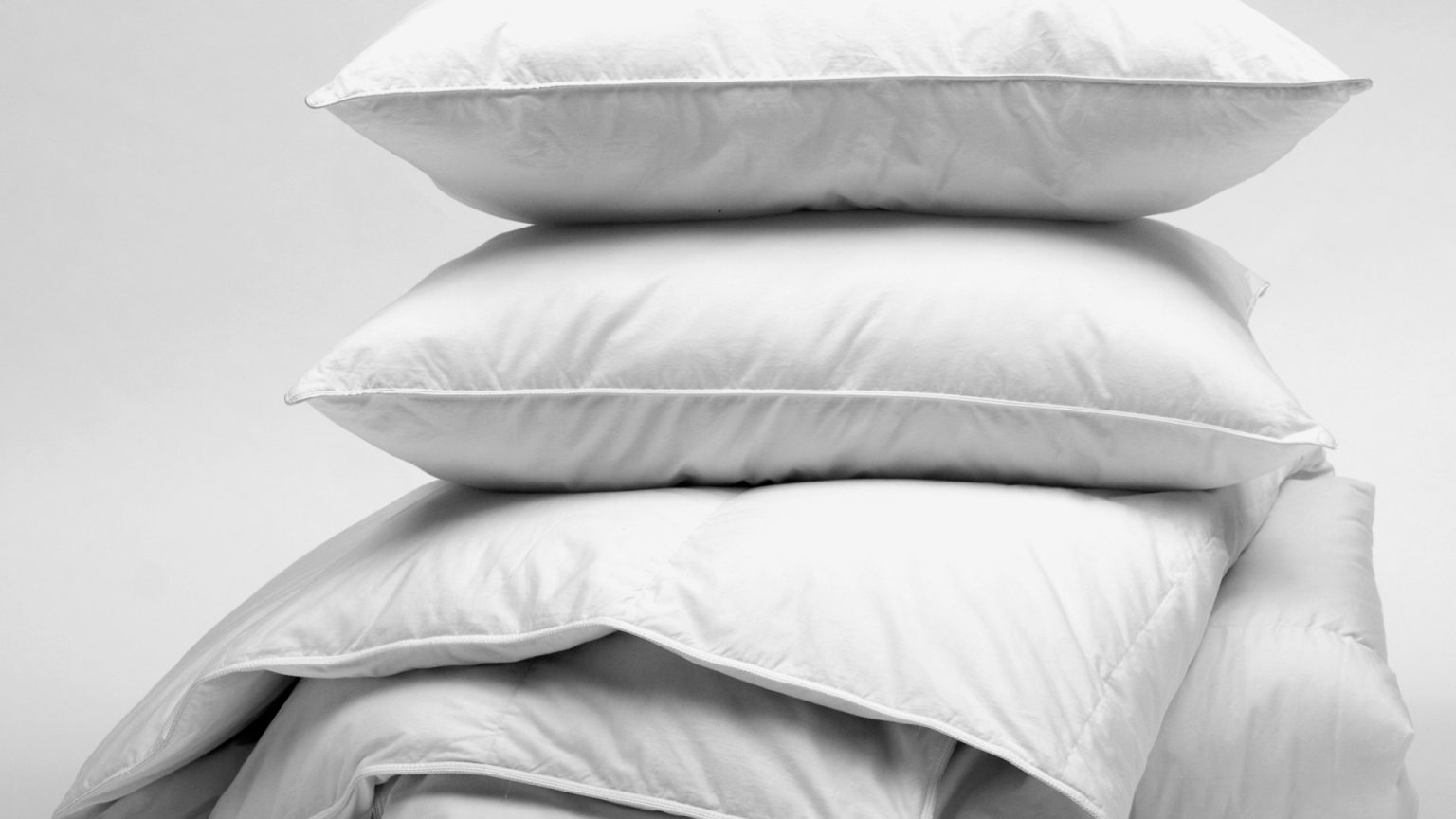Duvet Hygiene and Care: A Comprehensive Guide
A comfortable and hygienic sleep environment is crucial for overall well-being. While sheets and pillowcases are frequently laundered, duvets often go overlooked. Experts recommend washing duvets every six months to eliminate accumulated sweat, body oils, dead skin cells, and dust mites, which can harbor bacteria, fungi, and allergens. This regular cleaning prevents unpleasant odors, mitigates allergy triggers, and promotes better sleep quality. Ideally, duvets should be washed at the beginning of summer and winter, coinciding with seasonal bedding changes. If using a single, year-round duvet, careful planning around drying time is essential. Always consult the care label for specific washing instructions and ensure the washing machine is sufficiently large to avoid compressing the duvet. For minor stains between washes, spot cleaning with a damp cloth and mild soap can maintain freshness.
Choosing the Right Duvet: Tog Ratings, Materials, and Allergies
Selecting the appropriate duvet involves considering several factors, including tog rating, material, and allergy considerations. The tog rating indicates a duvet’s warmth and insulation level, ranging from lighter 2.5 tog duvets for summer to heavier 15 tog options for winter. Personal sleeping habits and temperature preferences should guide the choice of tog rating. For allergy sufferers, anti-allergy duvets offer a specialized solution, utilizing fibers designed to minimize irritation and promote a restful sleep. Materials also play a crucial role in duvet selection. Natural-fill duvets, like those made from down or feathers, tend to be more durable, lasting up to 10 years with proper care. Synthetic duvets, typically made from microfiber, have a shorter lifespan of around 5 years. Machine-washable duvets offer greater convenience for maintaining hygiene. Regardless of the material, any duvet exhibiting visible damage or lumping should be replaced.
Duvet Costs and Shopping Strategies
Duvet prices vary depending on factors like tog rating, size (single, double, king), and material. Savvy shoppers can find better deals by strategically timing their purchases. Data suggests that June tends to be the cheapest month to buy duvets, with prices often rising in the colder months. Utilizing price comparison websites, like Google Shopping or Price Spy, can help consumers find the best deals across various retailers. These platforms aggregate prices from multiple sources, allowing users to compare and identify the most cost-effective options.
All-Season vs. Separate Duvets: A Cost-Benefit Analysis
Consumers often face the choice between investing in an all-season duvet or purchasing separate duvets for different seasons. All-season duvets typically consist of two separate duvets that can be clipped together for winter warmth or used individually during summer. While they represent a higher upfront cost, they offer versatility and save storage space. However, for maximizing duvet lifespan, experts recommend opting for separate tog-rated duvets for each season. This approach reduces wear and tear, as each duvet is used less frequently, potentially offering better long-term value.
Extending the Life of Your Duvet: Practical Tips
Prolonging the life of a duvet requires proactive care and maintenance. Using a duvet protector shields the duvet from spills, dirt, and general wear, simplifying cleaning. Opting for duvet covers made from natural, breathable materials like cotton or linen enhances freshness and absorbency. Regularly airing and shaking the duvet helps maintain its fluffiness and even filling distribution. Adhering to care label instructions for washing is crucial. While many high-quality duvets are machine washable, professional cleaning every few years can further enhance longevity. During the off-season, storing the duvet in a breathable storage bag protects it from dust and mildew.
Key Takeaways for Duvet Care
In summary, maintaining a healthy and comfortable sleep environment requires attention to duvet hygiene. Regular washing every six months eliminates allergens and promotes better sleep quality. Selecting the right duvet involves considering tog rating, material, and allergy needs. Savvy shopping strategies and proper care can extend the lifespan of a duvet, offering both comfort and value. By following these guidelines, individuals can ensure a clean, comfortable, and healthy sleep experience year-round.




